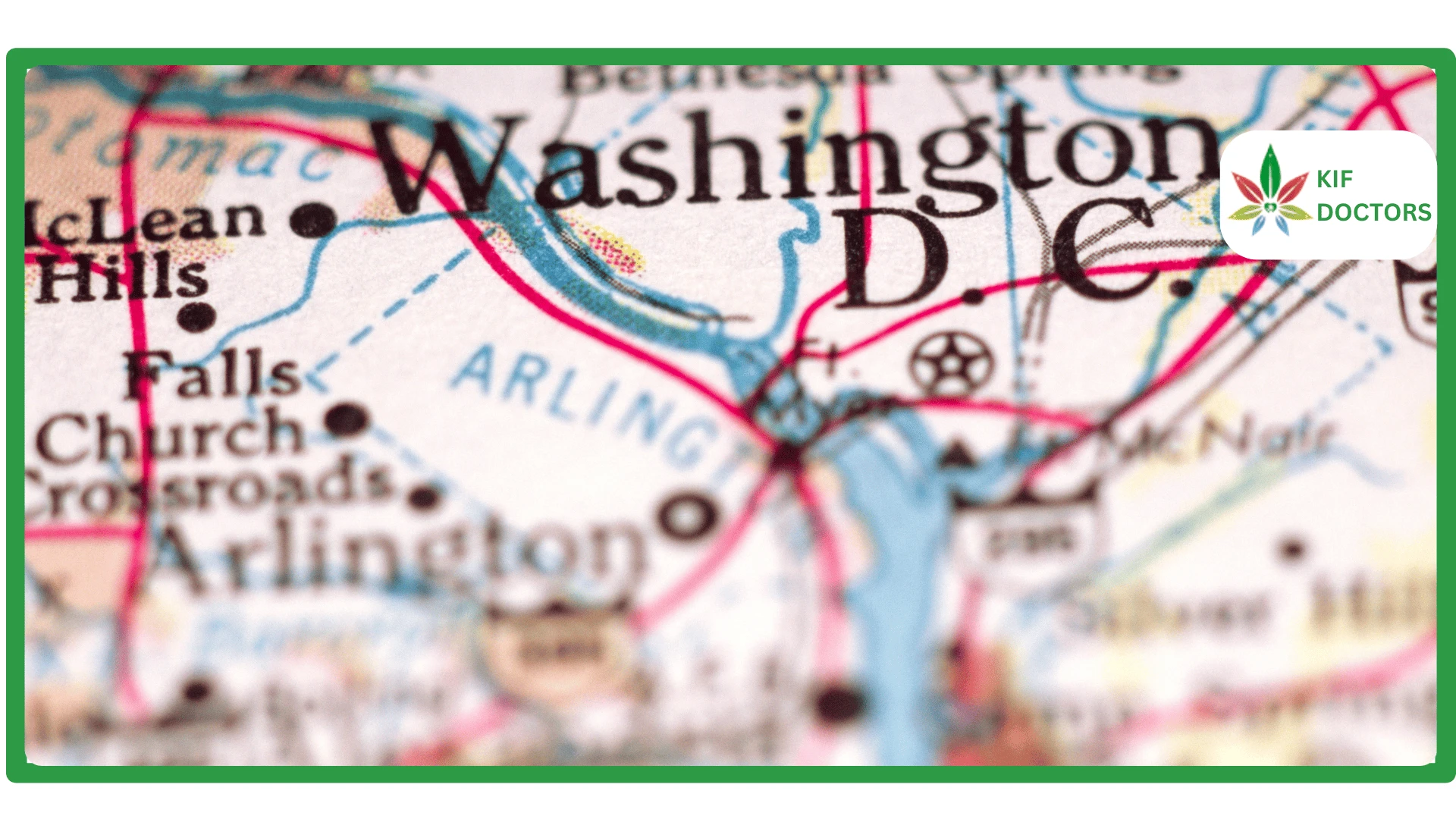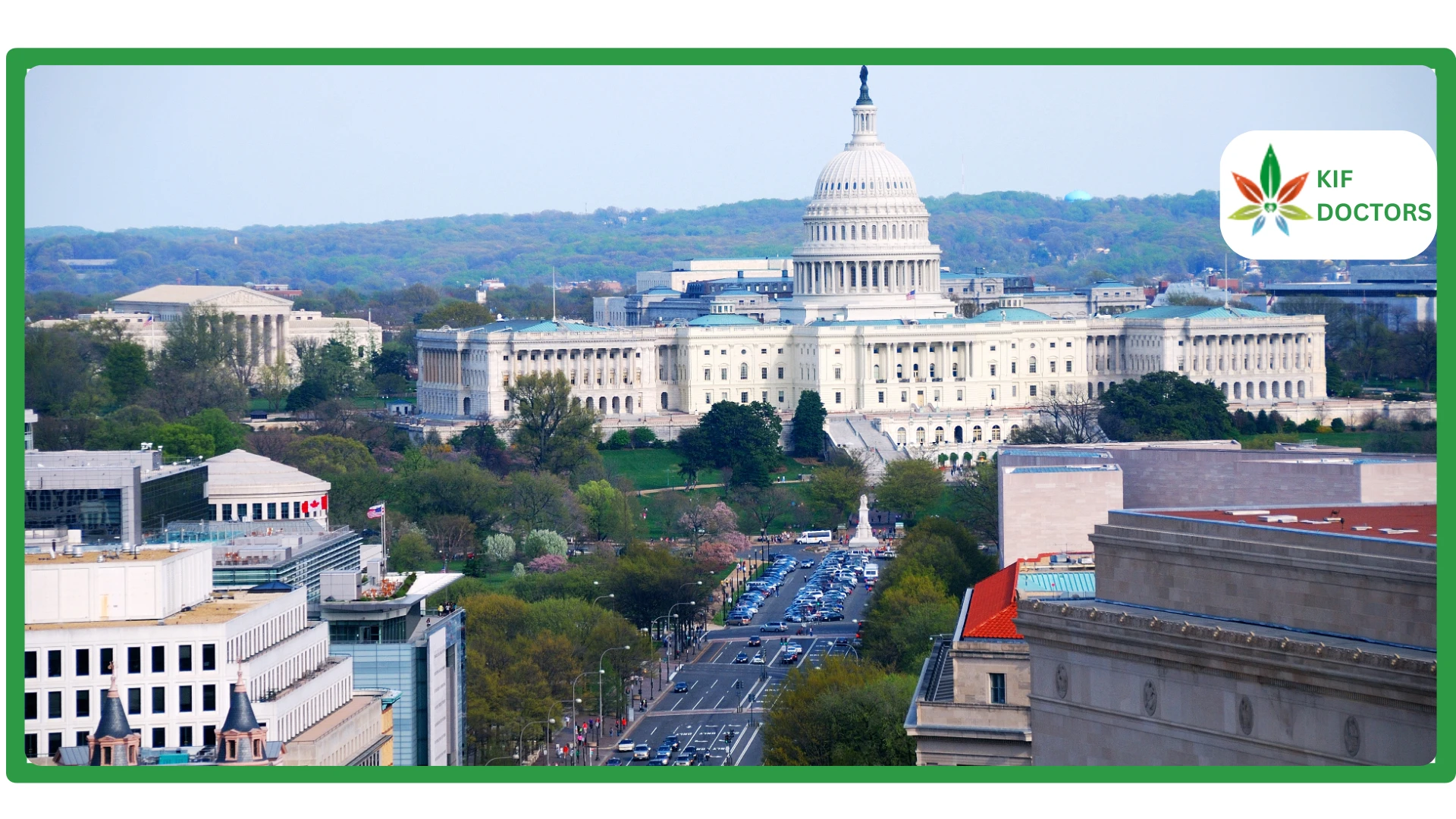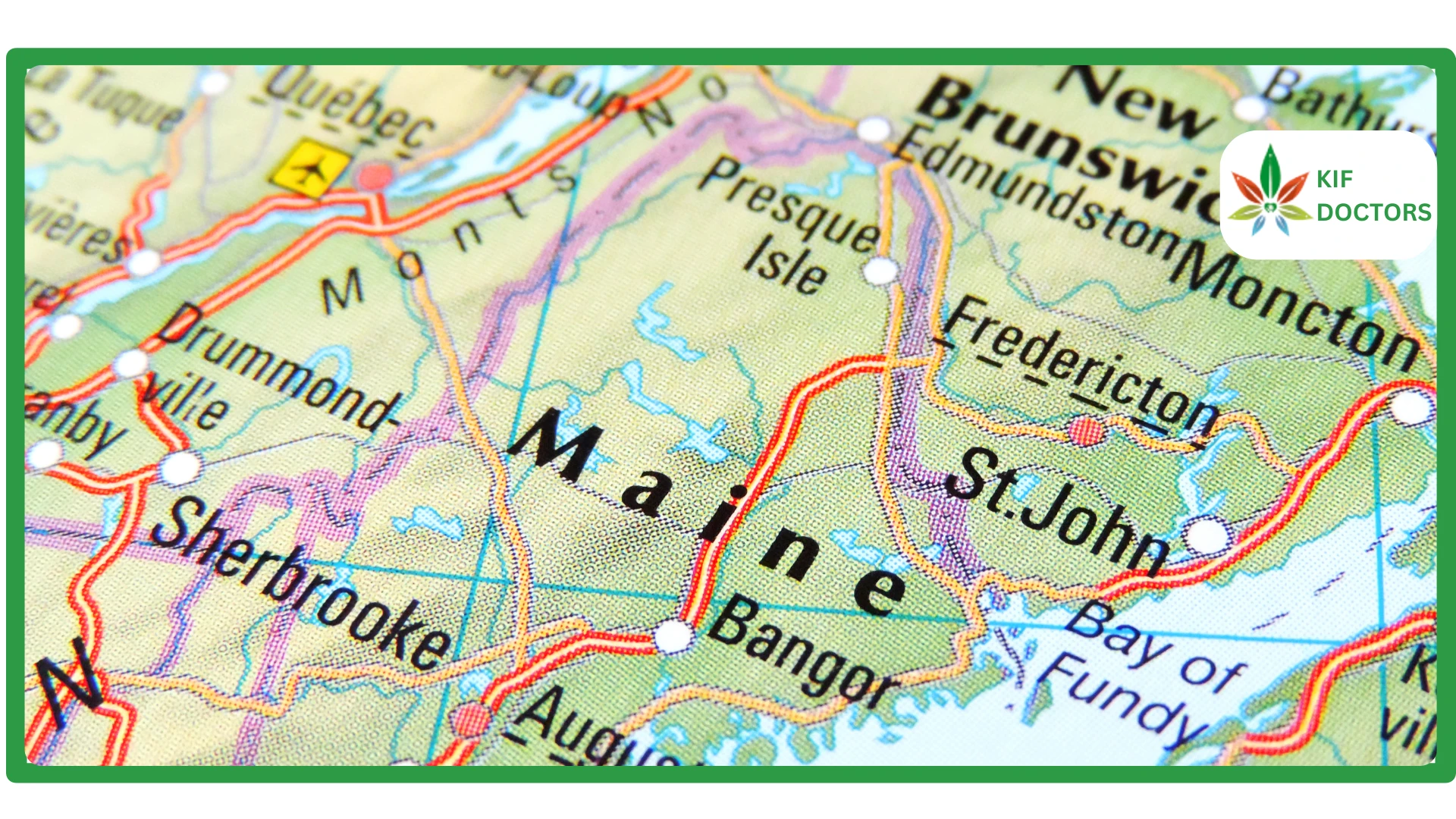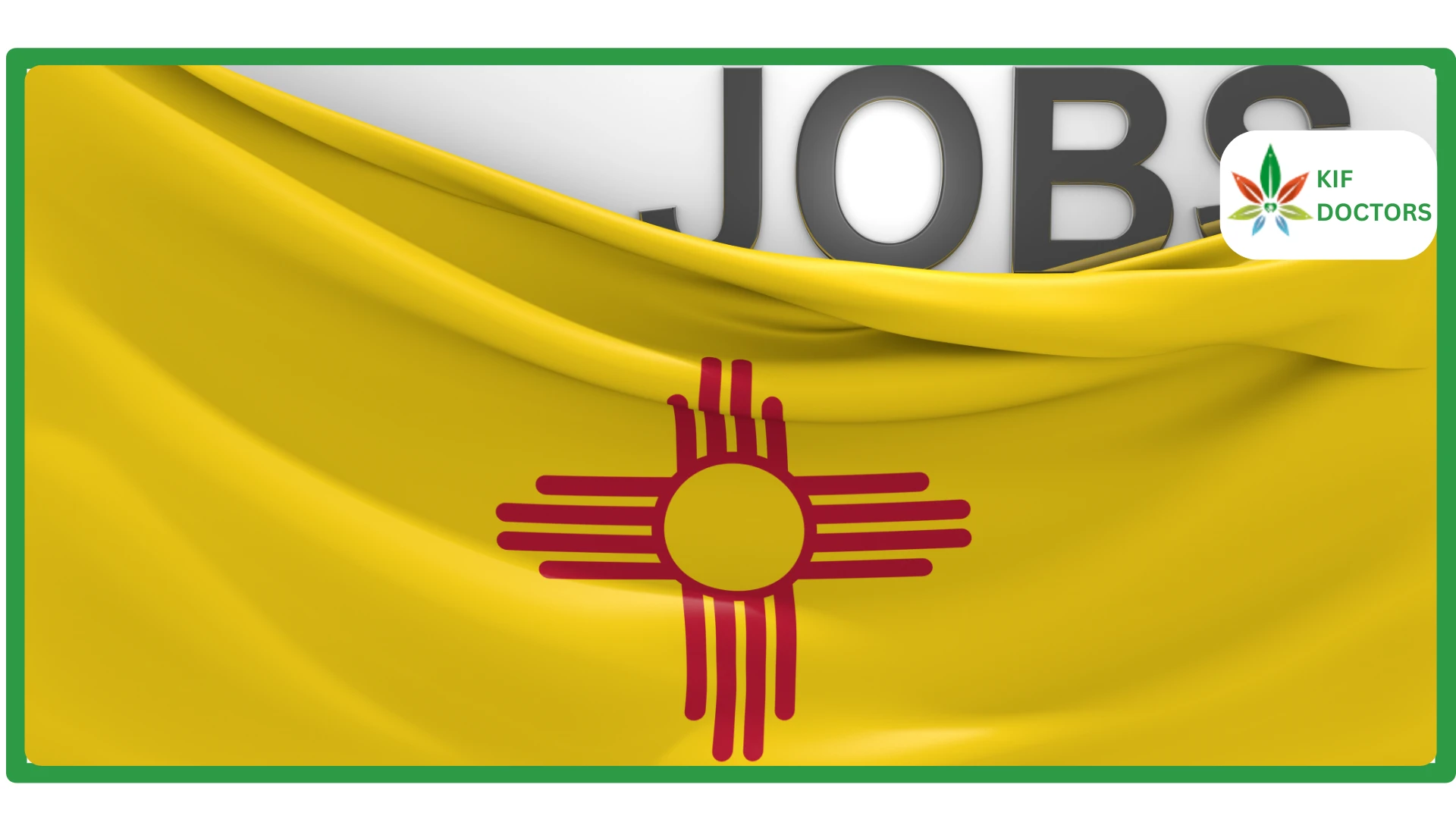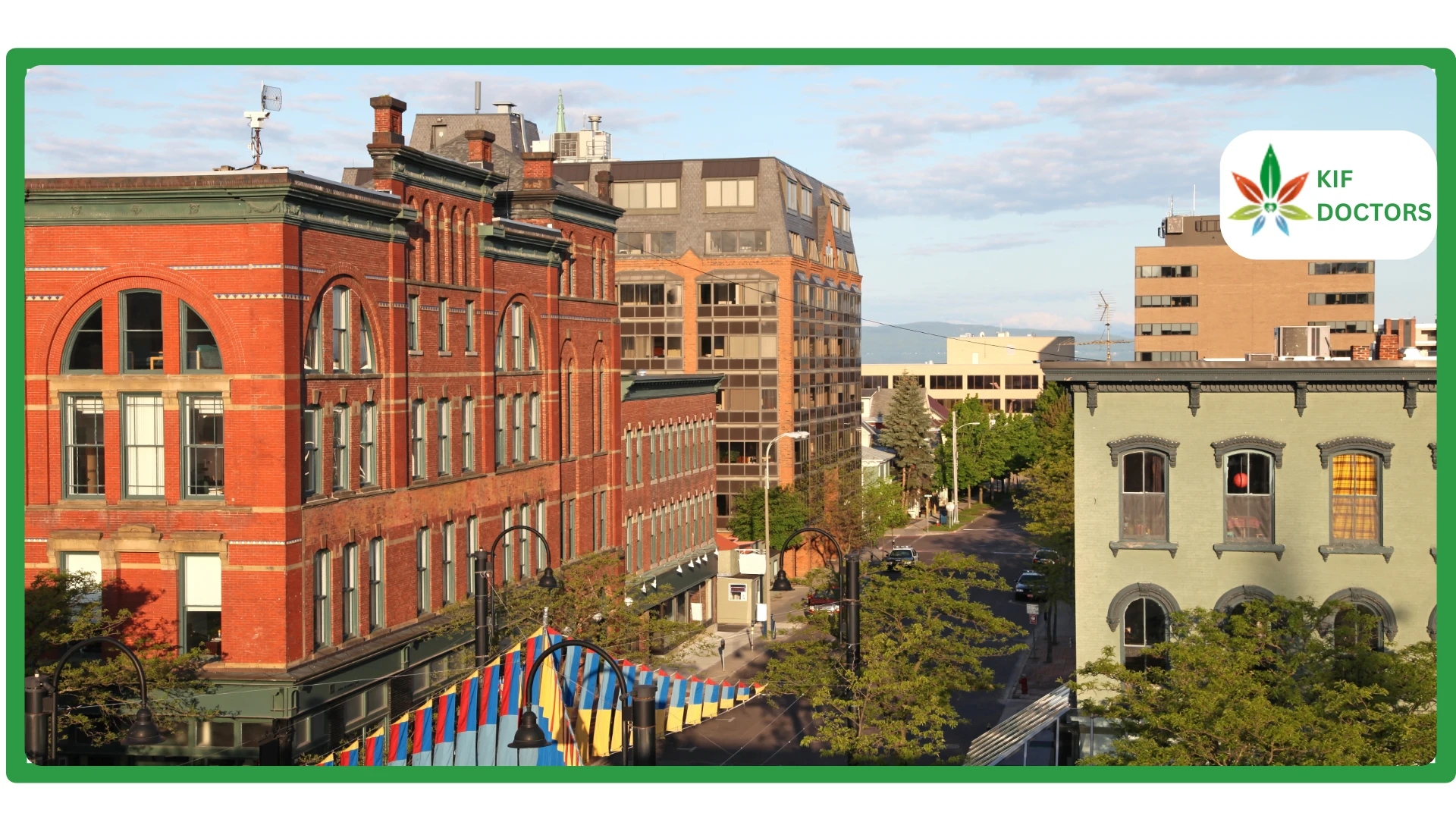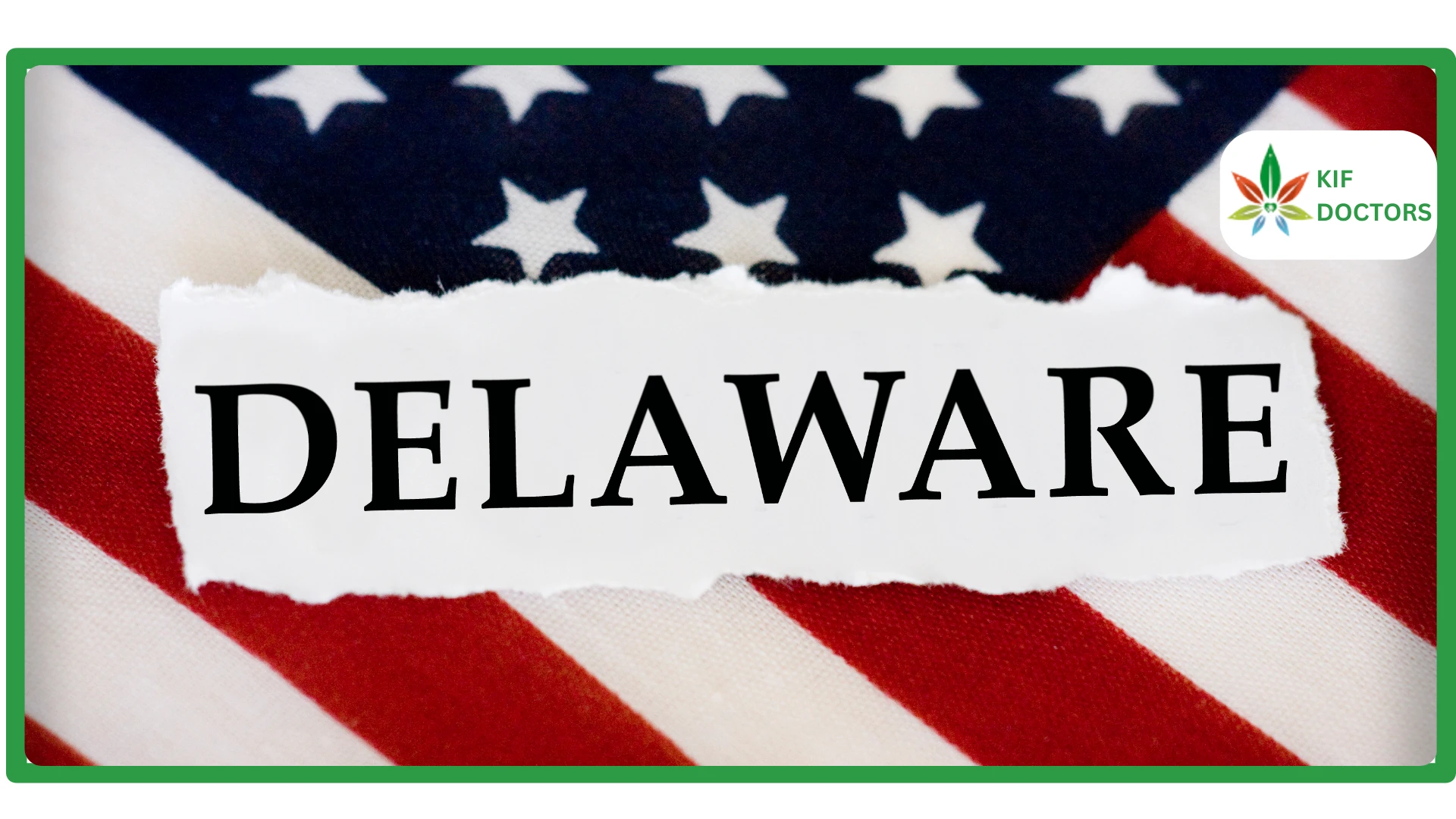The cannabis plant contains two cannabinoids, delta-8 THC and CBD, both of which share the same chemical structure. But the biggest difference between the two is their chemical composition. Delta-8 THC is thought to have euphoric and psychoactive effects, however not to the same degree as delta-9 THC. CBD is regarded as psychotropic because of its physiological effects even though it does not have the same intoxication effects as delta-8 THC.
What Is Delta-8?
The cannabis plant contains a psychotropic cannabinoid which is known as delta-8 THC. It is an isomer of delta-9 THC, which means, they have the same empirical formula but have different atomic arrangements.
There are trace amounts of the tricyclic terpenoid delta-8 THC in the cannabis plant. The majority of delta-8 THC products available today are often made from CBD produced from hemp, placing them in a legal area that may be characterized as semi-legal (some jurisdictions have placed restrictions on its sale and usage, but others have not).
Uses
Similar to delta-9 THC, delta-8 THC may help treat a number of the same health issues, such as:
- Chronic Pain
- Anxiety
- Depression
- Vomiting and nausea
- Spasms
Potential Benefits
Because delta-8 THC is less psychotropic than delta-9 THC, it may be useful for treating illnesses like anxiety and depression where higher doses of delta-9 THC may be problematic. The correct dosage of delta-8 THC may be easier to obtain, have a softer, uplifted impact, and have a lower risk of paranoia.
Children who are more susceptible to delta-9 THC, such as those who need THC for significant medical conditions (such as cancer or severe asthma), are another group for whom delta-8 THC may be advantageous.
Legality and Regulations Regarding Delta 8 THC
Delta 8 THC is psychotropic, therefore it exists in a gray area of the law.
While some states have specific regulations governing Delta 8 THC, others view it as illegal.
States in the United States have different regulations governing Delta 8 THC. Due to concerns about its psychoactive effects and potential health dangers, some jurisdictions have expressly prohibited or restricted its sale and usage. Alaska, Arizona, Arkansas, Colorado, Delaware, Idaho, Iowa, Mississippi, Montana, Rhode Island, and Utah are some of these states. On the other hand, under specific circumstances, jurisdictions like California and Oregon permit the sale and use of delta 8 THC.
What Is CBD?
CBD stands for cannabidiol. It is the cannabis plant's second most prevalent cannabinoid after THC. The majority of CBD products available legally are made from hemp, and they include:
CBD isolates products that simply contain CBD and no other cannabis constituents.
Broad-spectrum CBD products that contain cannabinoids, terpenes, and flavonoids but no THC.
Full-spectrum CBD products that contain cannabinoids, terpenes, flavonoids, and up to 0.3% THC.
Numerous CBD-rich medical cannabis products come in a range of cannabinoid and THC: CBD ratio combinations. On a federal level, CBD derived from psychoactive cannabis (often known as "marijuana") is illegal, but CBD derived from hemp plants with less than 0.3% THC is permitted.
Uses
Due to its ability to reduce inflammation and relieve stress, CBD has a wide range of potential applications. Many people have discovered that CBD can help with:
- Stress
- Depression
- Chronic pain
- Nerve discomfort known as neuropathic pain
- Arthritis
- Post-traumatic stress disorder (PTSD)
- Inflammation and stress
- Headaches/migraine
- Insomnia
- Epilepsy
Potential Benefits
Contrary to THC, CBD is non-psychoactive and has a wide range of applications. Due to this, all ages can benefit from CBD, although further study is needed to determine its long-term effects.
Legality and Regulations Regarding CBD
Federal law in the US makes CBD derived from hemp with less than 0.3% THC permissible.
It's crucial to realize that it should come from hemp plants with less than 0.3% THC content. The federal government set this criteria through the Agricultural Improvement Act of 2018 also known as the Farm Bill. Products containing CBD are legal on the federal level as long as they comply with this condition.
How to Decide Which Is Best For You
There is no "best" cannabinoid; each one has its applications, and different persons may require different cannabinoid combinations, concentrations, and dosages.
When To Use Delta 8?
Delta 8 may help treat chronic pain, reduce motion sickness, or promote sleep. Even while delta-8 THC isn't always as psychoactive as delta-9 THC, you might still want to avoid using it throughout the day. Some people could choose to take delta-8 in the evening to aid in falling asleep.
When To Use CBD?
Avoid consuming delta-8 if you work anywhere that conducts THC tests on employees. CBD, especially CBD isolates, might be a better option for you, although you might lose some efficacy because there aren't any other cannabinoids. If you want to stay awake during the day, low to moderate doses of CBD may be preferable.
Conclusion
Both CBD and delta-8 THC have significant purposes, but to fully benefit from all of their therapeutic advantages while consuming natural cannabis, you should ideally utilize both. It is advised to stay away from items with synthetic delta-8 THC and CBD.
 Since 2021, Kif offers a streamlined platform to get a medical marijuana card online. We have served more than 45K patients across the United States. Sign Up Now to get the right to use medical cannabis for your health condition without any delay.
Since 2021, Kif offers a streamlined platform to get a medical marijuana card online. We have served more than 45K patients across the United States. Sign Up Now to get the right to use medical cannabis for your health condition without any delay.

















